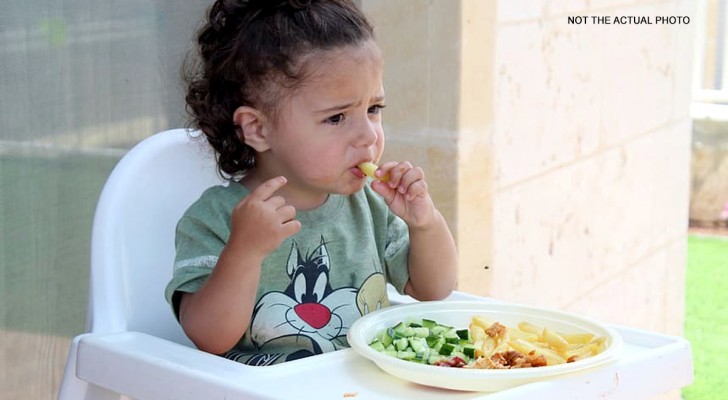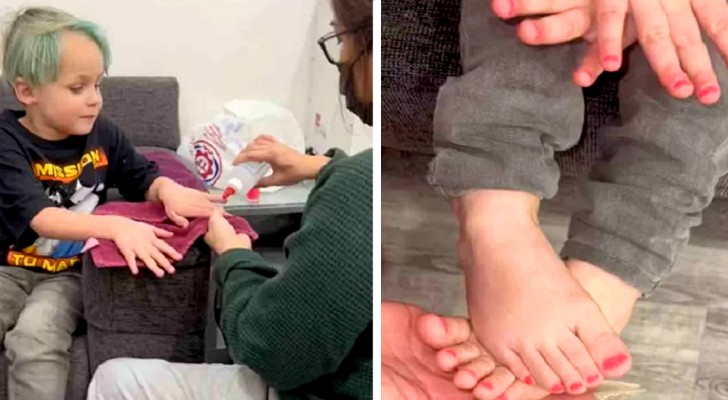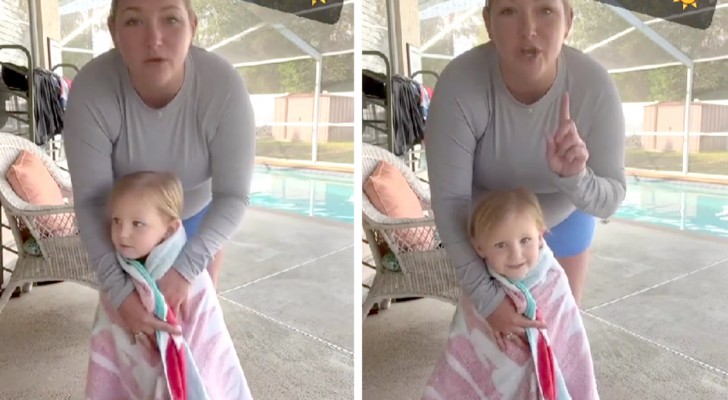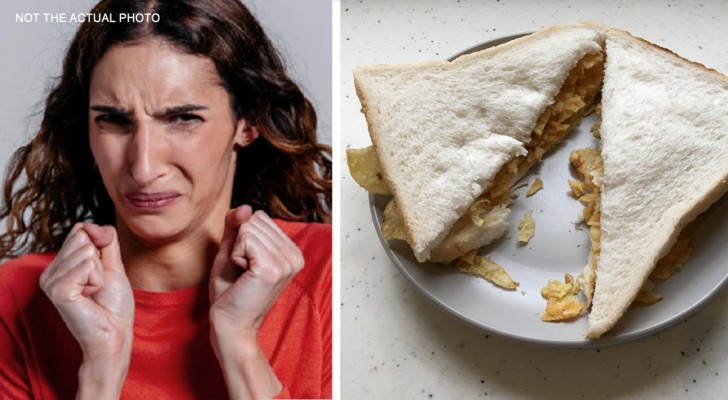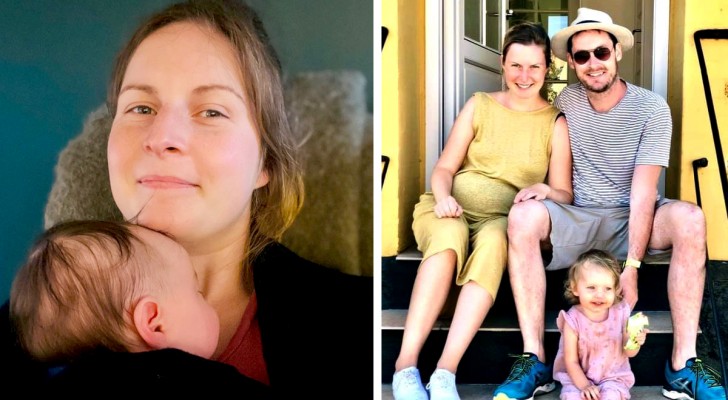These 8 behaviors may suggest that a child has not learned to interact well with others

Although there is a commitment on the part of parents to raise their children based on moral values, it may happen that the education of the child takes a completely unexpected direction.
This is because parents are not the only ones to exert an influence on a child, there are also other external factors, including society itself.
The society in which we live has a great influence on the lives of all of us and in particular on that of children. In a period of change and confusion and the loss of general moral values, it is very easy for this to be reflected in our individual lives.
You must not despair if your child shows that he or she lacks moral principles (the child will have time and second chance to develop them), but you definitely should not stand idly by without doing anything to help!
Here is what you need to do depending on the behavior shown.
According to psychologists, there are five "symptoms" that indicate that something has gone wrong in your child's education and that the child is going through a period of crisis. Here is how to deal with these unpleasant situations.
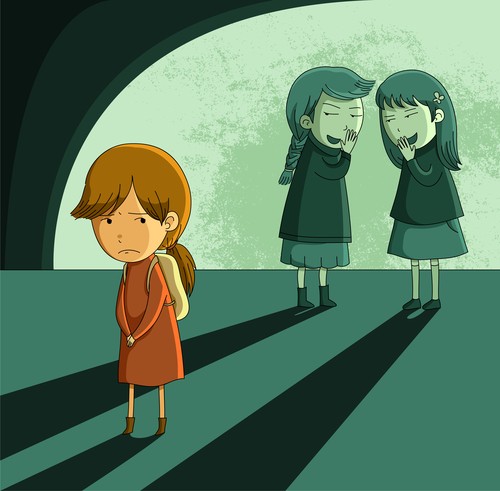
The child is violent
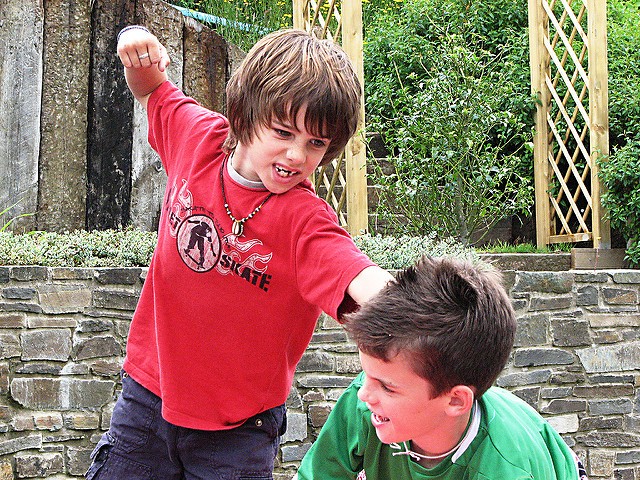
Why does the child do it?
When a child is violent they do not do it to cause pain, but to give vent to an inner rage that they otherwise would not know how to express. The goal is, therefore, to understand what is causing the anger.
How to intervene?
We need to identify the reasons for the child's violence. It could be that in some cases you have been too strict with them, or that they have witnessed (or suffered from) people committing acts of violence. If they also do so, it is because they delude themselves into thinking they too can solve a situation with arrogance and bullying. You must, therefore, have the patience to teach them alternative methods to finding a solution, and to avoid in every way any violence towards the child.
The child does not care about relatives or younger brothers and sisters
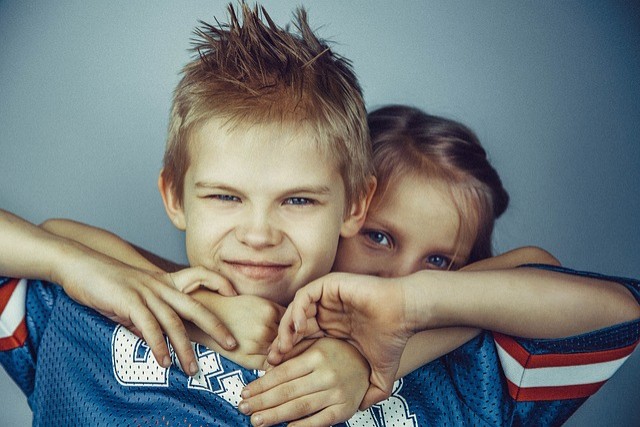
Why does the child do it?
Rarely is a child driven to take care of their loved ones spontaneously. At the base of these actions, there must always be the teaching and example of the parents. It is a kind of imitation that children do to copy adults.
How to intervene?
In these cases, what is most effective is to be a good example. If the younger brother or sister is sad for some reason, let the child by themselves try to resolve the issue. Not only will they learn to take care of others, but they will also strengthen the bond they have with their loved ones.
Blaming others
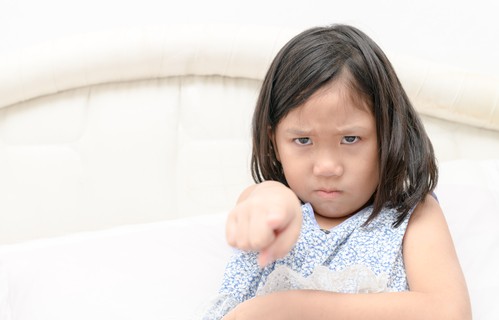
Why does the child do it?
Does your child always blame others and nothing is ever their fault? Do they refuse to take any responsibility when something happens? Probably, in the past, they received a punishment that was too severe, and now, in order not to relive that traumatic moment again, they always look for someone else to blame.
How to intervene?
If you recognize in the past that you have punished your child too severely or for minor issues, the next time you must try to implement more appropriate measures. Also, give the child a chance to redeem themselves. Prefer "dynamic" punishment, like doing extra household chores, rather than locking them up in their room and abandoning them to their angry reflections.
The child does not feel guilt
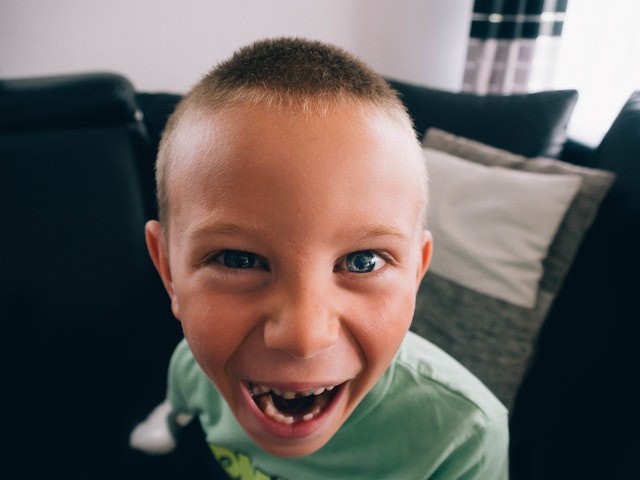
Why does the child do it?
When the child does not feel guilty about a certain action, the problem is probably that they do not take seriously the person from whom the reproach or punishment comes. Making children feel the authority of their parents is always very important, although an excessive imbalance should not be created.
How to intervene?
First of all, it is important to reacquire the role of the educator. If in the past you have contradicted yourself, in the sense that you have imposed a punishment and then you were the first to not respect it, be careful to be more consistent. The child must be aware that you are a person who keeps his or her word and should not rely on the fact that you most likely will not put into practice whatever you say.
The child thinks he/she is better than others
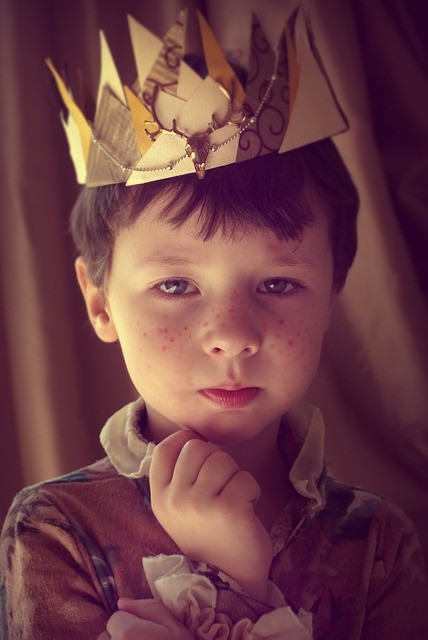
Why does the child do it?
Often children have little self-esteem, but the opposite can also happen, that is, that they have too much! The problem is not having self-confidence, but the fact that this leads to looking down on others. If the child speaks badly of others, emphasizing, in particular, their own abilities, it could be that in the past the child received too much attention, or that some adult has convinced the child that he or she is better than other children.
How to intervene?
The goal is to make the child understand that everyone has skills, perhaps by giving examples of what they are capable of doing and what they cannot do. Moreover, you should talk to them about the fact that it is never good to always consider themselves the best but to also be open to others.
- https://amotherfarfromhome.com/blame-shifting-take-responsibility/
- https://canadianfamily.ca/kids/pregnancy/what-do-if-your-child-accused-bullying-others/
- https://kinsights.com/c/stories/5219/9-tips-for-teaching-kids-responsibility/
- https://www.huffpost.com/entry/how-to-teach-kids-empathy_b_12673540
- https://www.parents.com/toddlers-preschoolers/development/behavioral/teaching-children-to-be-grateful/
- http://www.psychologytoday.com/blog/warning-signs-parents/201701/childhood-roots-narcissistic-personality-disorder
- https://raisingchildren.net.au/preschoolers/behaviour/common-concerns/lies
